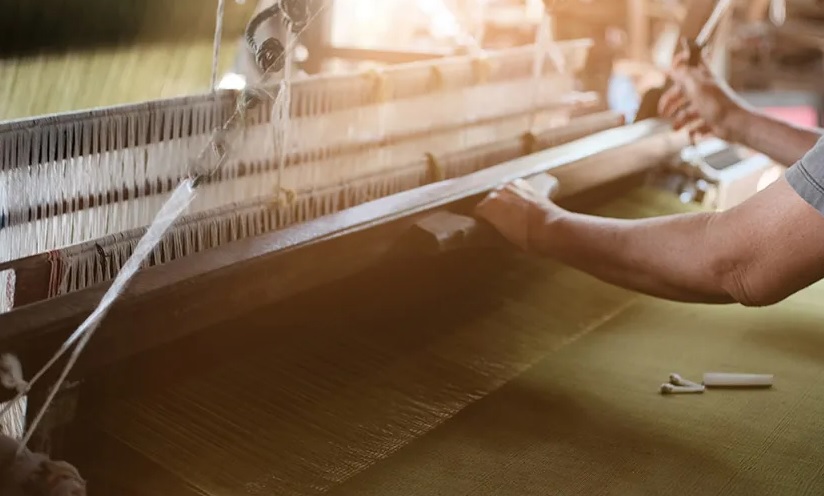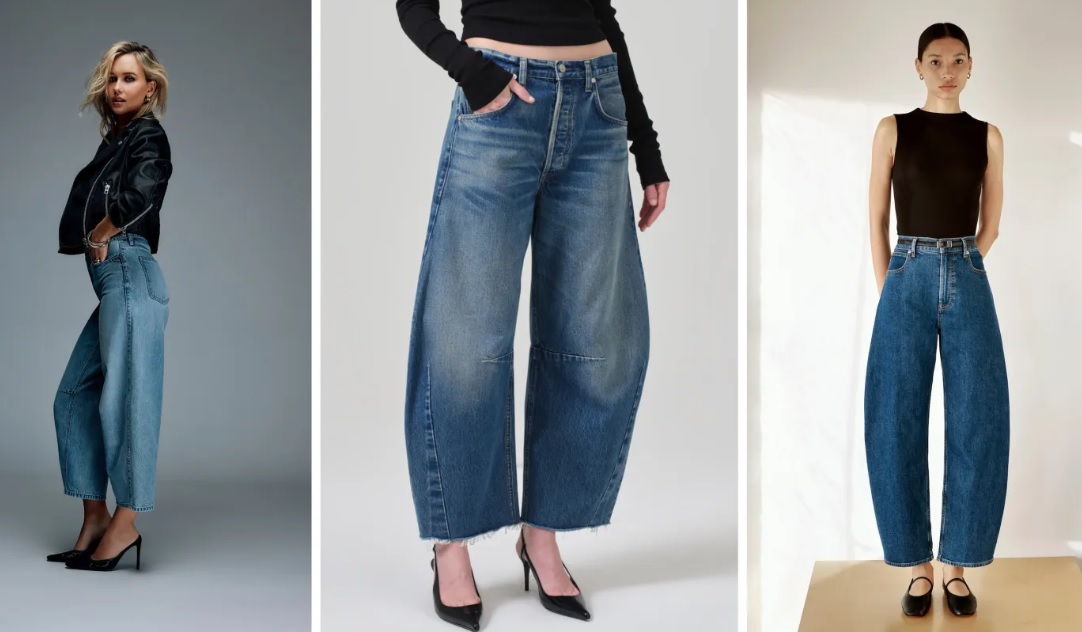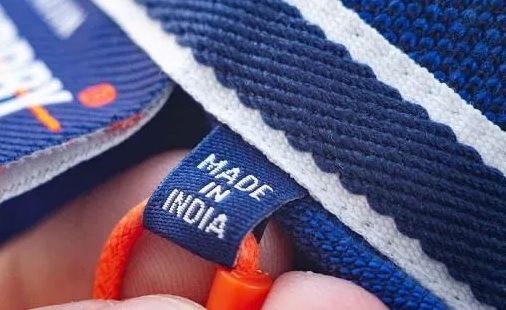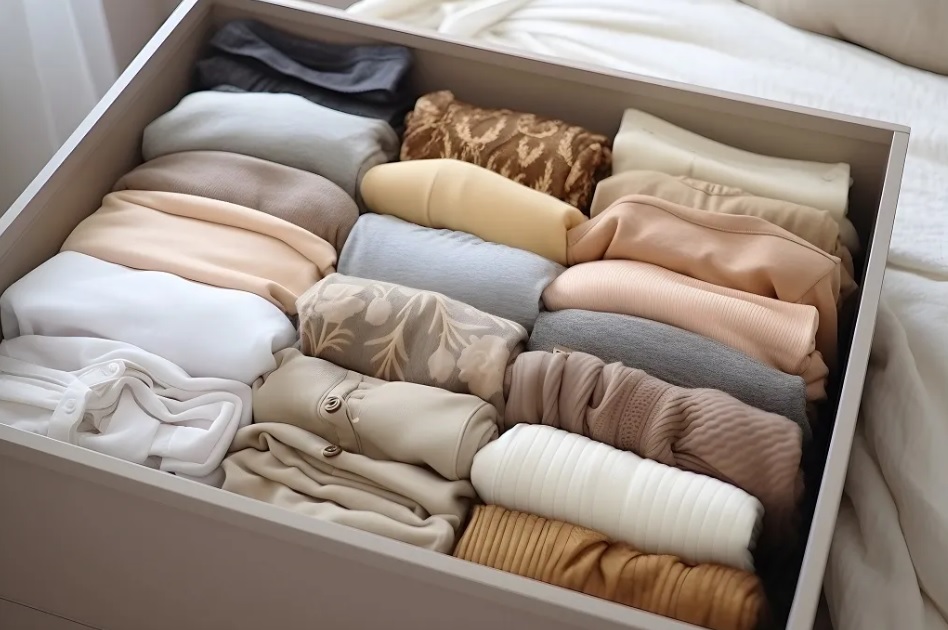A Chinese firm, Pink Mango, will establish a garment factory in Rwanda. The investment will not only enable the central African country to increase its exports but also reduce imports of clothing as the country has been using fiscal measures to progressively discourage the import of secondhand clothes.
The factory to be located in a special economic zone will produce garments for both the domestic and export market. The Chinese firm is expected to provide 7,500 jobs for Rwandans by the fifth year and create cumulative export earnings of 20 million dollars over the next five years. It is also expected to build capacity and skills transfer to 500 workers of local garment cooperatives, who will also benefit from some of supply contracts through an outsourcing model. The investment of the Chinese firm will upskill Rwandans, giving them access to productive jobs and hence ensuring them have a better standard of living.
The United States has suspended duty-free status for Rwandan apparel products under the African Growth and Opportunity Act. The reason was the African nation’s refusal to lower trade barriers for American-made clothing and shoes. Rwanda was among three East African nations—the others are Tanzania and Uganda--that banned imports of used clothing and shoes from the US.
Chinese build garment plant in Rwanda
Latest from FW
- SQ Celsius boosts efficiency and growth with Coats Digital’s FastReactPlan
- International Istanbul Yarn Fair 2025: A global hub for innovation and trade
- MIAFW 2024 highlights Miami’s role as a global fashion hub
- MIAFW 2024 highlights Miami’s role as a global fashion hub
- Eastman’s Naia fibers secure top sustainability ranking in Canopy Report
- 1
- 2
- 3
- 4
- 5
- 6
- 7
- 8
- 9
- 10
Industry 5.0: Weaving a New Future for Textiles
The global textile industry, is on the cusp of a transformation driven by Industry 5.0. This new era of industrialization... Read more
Deciphering India's state-wise textile & apparel investment policies
India's textile industry is one of the main contributors to nation's economy. Recognizing its potential, various states are vying to... Read more
Price gap widens between domestic and international markets for PSF and VSF in N…
The Indian textile industry continues to grapple with differences between domestic and international prices for Polyester Staple Fibre (PSF) and... Read more
TAI hosts Global Conference on Automation & Robotics in Textiles
The Textile Association (India), Mumbai Unit, hosted an International Conference on Automation and Robotics in the Textile & Apparel Industry... Read more
Bangladesh's apparel industry at crossroads, is it short-term disruption or long…
Recent political instability and labor unrest in Bangladesh have cast a shadow over its apparel industry, the second-largest in the... Read more
WGSN Unveils 2025 Fashion Trends: A fusion of nostalgia and futurism
WGSN, a leading authority in trend forecasting, alongside Coloro, has unveiled its highly anticipated fashion predictions for 2025. These insights,... Read more
Barrel Jeans: The unexpected denim trend making waves
Move over skinny jeans, there's a new silhouette in town. Barrel jeans, with their distinctive wide-leg and cinched ankle, are... Read more
Industry 5.0, weaving a new future for Indian textiles
The Indian textile industry is ready for a change with the advent of Industry 5.0. A new report, ‘Decoding the... Read more
China's textile and apparel exports in Q3 2024 show mixed results
China's textile and apparel exports in the first three quarters of 2024, was mixed, with growth slowing down in the... Read more
Tariffs and Implications: Is a trade war looming with the US targeting key trade…
The textile and apparel industry in the US is deeply embedded in the global supply chain, heavily reliant on imports... Read more













